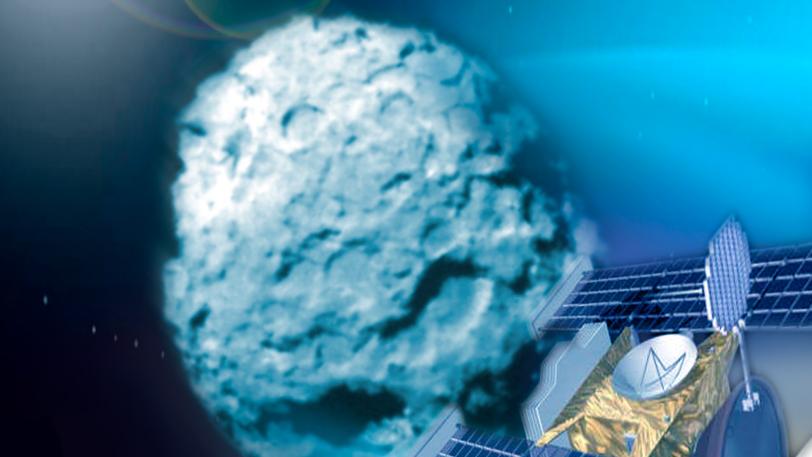The Stardust mission returned from a 6-year voyage in January of 2006. During the mission it swept through the tail of comet Wild 2 (pronounced Vilt), collecting the microscopic particles streaming from it. These particles were collected in a very low density material called aerogel. The satellite then took 2 years to return to Earth. The payload, jettisoned from the satellite, re-entered the atmosphere and gently landed in the Utah desert. Since January researchers have started the process of extracting the particles from the aerogel and using an extensive array of techniques to measure such things as elemental and isotopic abundance, mineralogy and petrology. We at SLAC have been using an X-ray Microprobe to determine the amount of different elements that are present in these particles. Please join us for a preliminary look at the results of the Stardust mission.
Past
Event
· Public lecture
A Comet on Earth: Results from the Stardust Mission
Presented by Sean Brennan
Past
Event
· Public lecture
A Comet on Earth: Results from the Stardust Mission
Presented by Sean Brennan
Public Lectures

A Comet on Earth: Results from the Stardust Mission
Tuesday, August 29, 2006
12:30–1:30 p.m. PDT
12:30–1:30 p.m. PDT